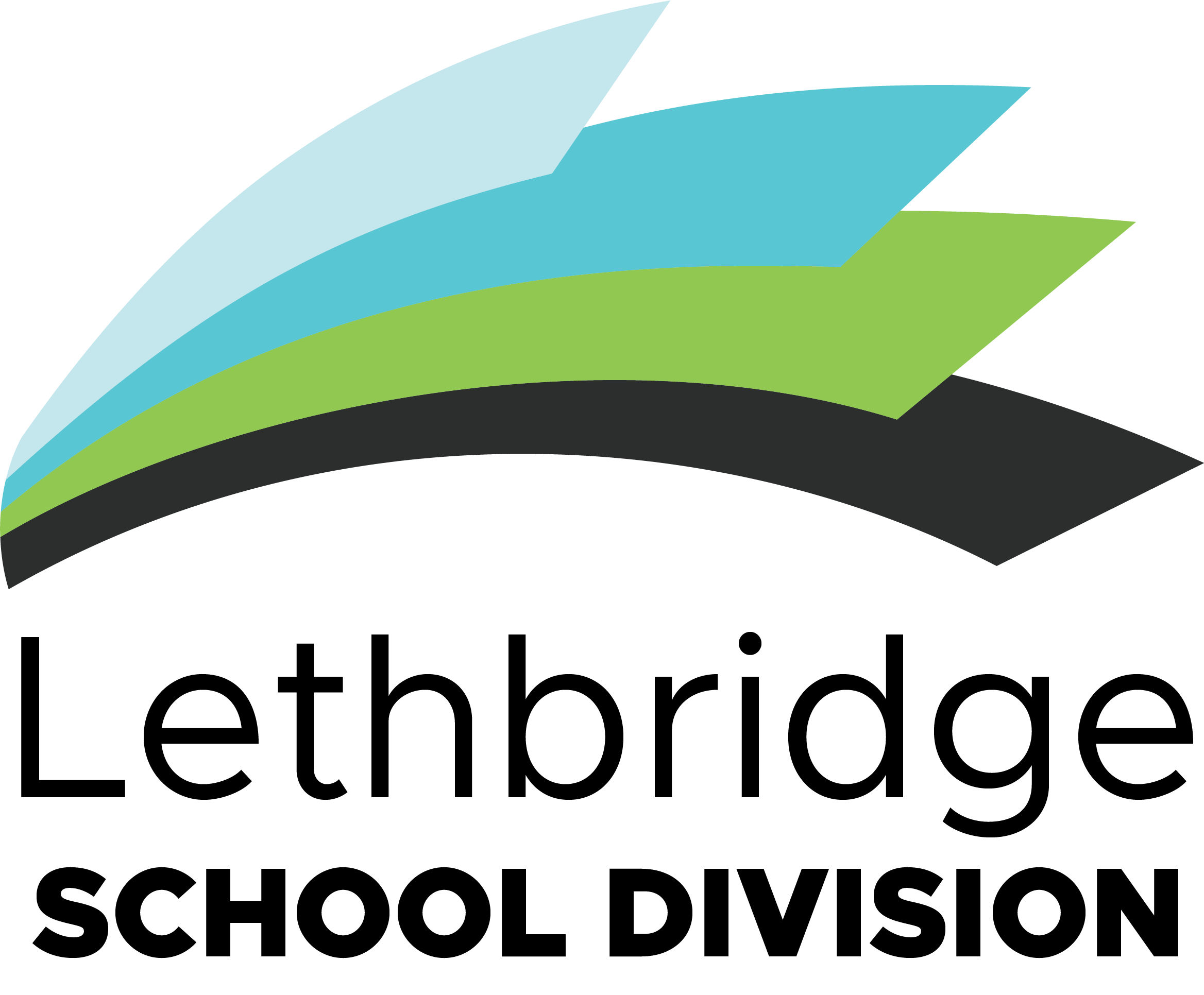Construction Technology 10
This is an introductory construction class designed to implement identification of tools, materials, and basic safety procedures used in the construction industry. Some important items covered which are essential in this trade are measurements, proper cutting methods, safe environments and pre-requisites for intermediate and advanced construction modules.
INTRODUCTORY MODULES INCLUDE:
Con 1010
- Construction Tools & Materials – Prerequisites for all construction modules
- Text book - Modern Carpentry: Units 1–5
- Safety Test
Con 1070
– Building Construction (Group Project) – Prerequisite for all
construction modules.
- 16 x 20 Model Garage (Scale 1:12)
- Power Point Presentation
Con 1120
- Project Management – Prerequisites for all Cabinetry modules.
- Student initiated plan of a project
- Build Project – i.e. Long Board
Con 1130
- Solid Stock Materials
- Used to construct student initiated project
- Oak/maple/walnut etc.
Con 1160
- Manufactured Materials
- Used to construct student initiated project
- Plywood, particle board etc.
Con 1140
- Turning Operations (Optional)
- Wood Lathe
- Mallets/Table legs etc.
Con 1180
- Mold Making & Casting
- Part of Model Garage Group Project
- Garage Foundation
Construction Technology 20
This construction class is designed to use skills acquired in construction 10 to practice and enhance abilities using hands on practices as well on task instruction to build projects (instructor initiated and/or student initiated) that further student enhancement in construction techniques. The intermediate level is a combination of Cabinetry/Furniture modules as well as carpentry modules which are dependent on the projects chosen. Some important items covered which are essential in this trade are measurements, proper cutting methods, safe environments.
INTERMEDIATE MODULES INCLUDE:
Con 2020 – Concrete Forming
Con 2035 – Floor Framing Systems
Con 2045 – Wall Framing Systems
Con 2050 – Roof Structures 1 (Framing and Finishing)
Con 2060 – Exterior Finishing (Door, Window, Siding)
Con 2120 – Multiple Materials
Con 2130 – Furniture Making 1 (Box Construction)
Con 2140 – Furniture Making 2 (Frame & Panel)
Con 2150 – Finishing & Refinishing
Con 2160 – Cabinetry 1 (Web & Face Frame)
Con 2170 – Cabinetry 2 (Door & Drawer)
Con 2180 – Wood Forming
Construction Technology 30
This construction class is designed to use skills acquired in construction 10 & 20 to practice and enhance abilities using hands on practices as well as on task instruction to build projects (student initiated) that further student enhancement in construction techniques. The advanced level is a combination of Cabinetry/Furniture modules as well as carpentry modules which are dependent on the project chosen. Students are expected to work independently or in groups to solve problems in the projects they are constructing.
ADVANCED MODULES INCLUDE:
Con 3040 – Stair Construction
Con 3050 – Roof Structures 2 (Framing & Covering)
Con 3060 – Doors & Trim
Con 3070 – Floor Covering
Con 3130 – Furniture Making 3 (Leg & Rail)
Con 3140 – Furniture Making 4 – (Surface Enhancement)
Con 3160 – Cabinetry 3 (Cabinets/Countertops)
Con 3170 – Cabinetry 4 (Layout & Installation)
Con 3210 – Framing Systems 2 (Floor, Wall & Ceiling)

